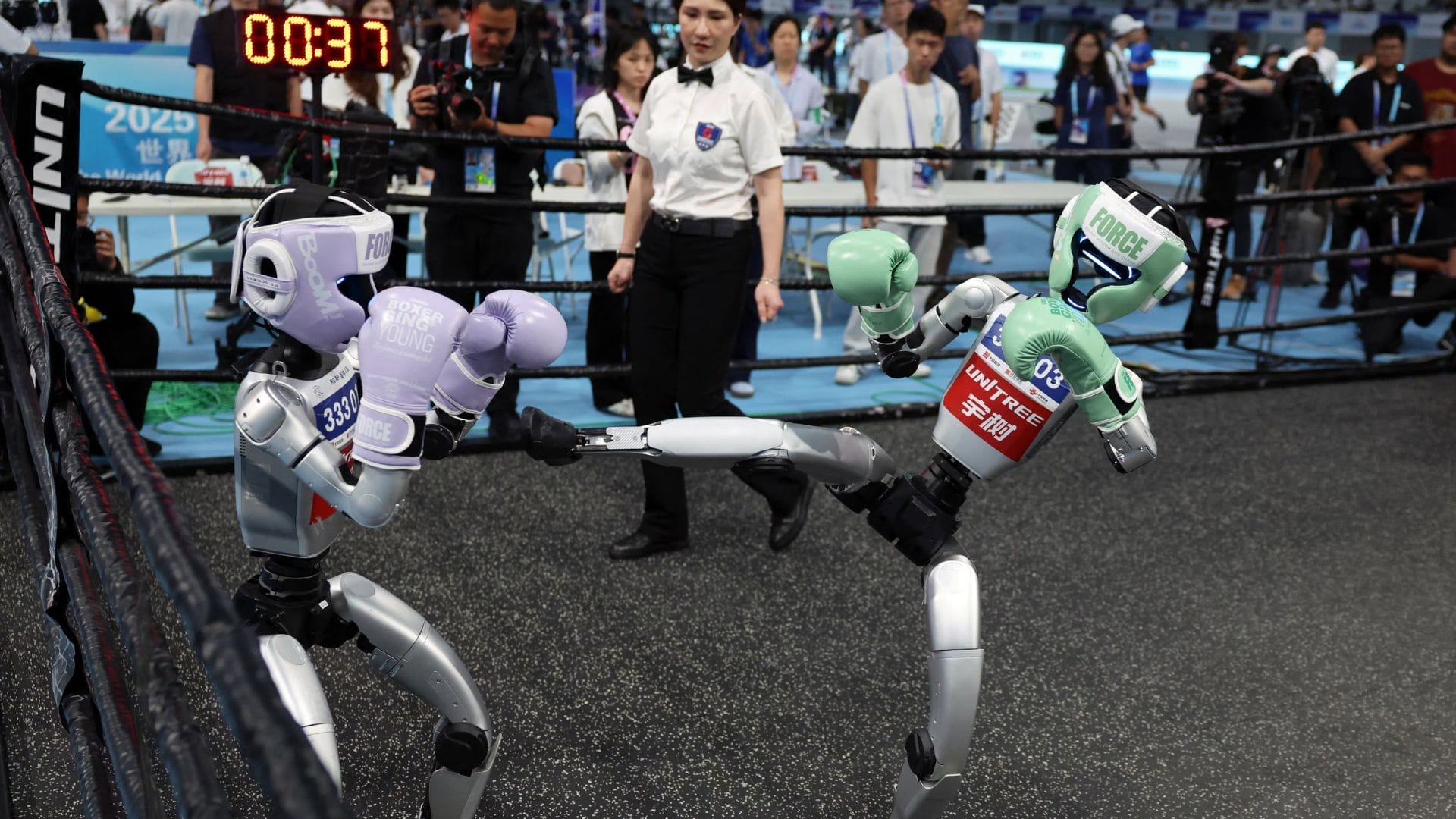China hosts the first world humanoid robot games with record-breaking performances
China hosts its first World Humanoid Robot Games, where 280 teams competed in events ranging from running to cleaning, achieving record-breaking results.

The first-ever World Humanoid Robot Games have concluded in Beijing after three days of competition, drawing teams from across the globe to test the limits of artificial intelligence and engineering. More than 280 teams from 16 countries, including the United States, Germany, Brazil and China, entered their robots into the event.
The tournament, sometimes referred to as China’s “Robot Olympics,” featured a range of contests designed to showcase both athletic and practical capabilities. Events spanned from traditional sports such as boxing, running, football and table tennis to more functional demonstrations, including medicine sorting and household cleaning.
While the competition generated excitement for the future of humanoid robotics, it also revealed its limitations. Despite record-breaking performances within the field, the machines still fall far short of matching human athletic achievements.
Universities and companies compete side by side
Most participants came from universities, with student-led research teams eager to showcase their innovations on an international stage. However, several established robotics firms also entered, including well-known Chinese companies Unitree and Fournier Intelligence.
Hundreds of robots took to the arena across dozens of categories. Unitree emerged as a dominant force, securing gold medals in four major running events: the 1,500-metre, 400-metre, 100-metre and 4×100-metre relay races. According to the company, one of its robots achieved a top speed of 4.78 metres per second, equal to around 10 miles per hour.
In the 100-metre sprint, Unitree reported a finishing time of 33.71 seconds. While impressive for a humanoid machine, it remains far behind human performance standards. By comparison, Usain Bolt set the men’s world record of 9.58 seconds in 2009, a benchmark that continues to stand unchallenged.
Impressive progress, but challenges remain
Organisers and participants emphasised that the event was less about surpassing human athletes and more about advancing the science of robotics. Many teams used the races and games as stress tests, pushing their machines to perform under the pressure of a live, competitive environment.
Although some robots dazzled audiences with their agility, others struggled with coordination, resulting in comical stumbles and collisions. Such moments highlighted how much development is still needed before humanoid robots can operate seamlessly in everyday settings.
Nevertheless, the World Humanoid Robot Games demonstrated the remarkable progress being made in robotics research. The event offered a glimpse into how future robots might one day contribute beyond entertainment and sport, assisting with complex tasks in healthcare, industry and home environments.
















